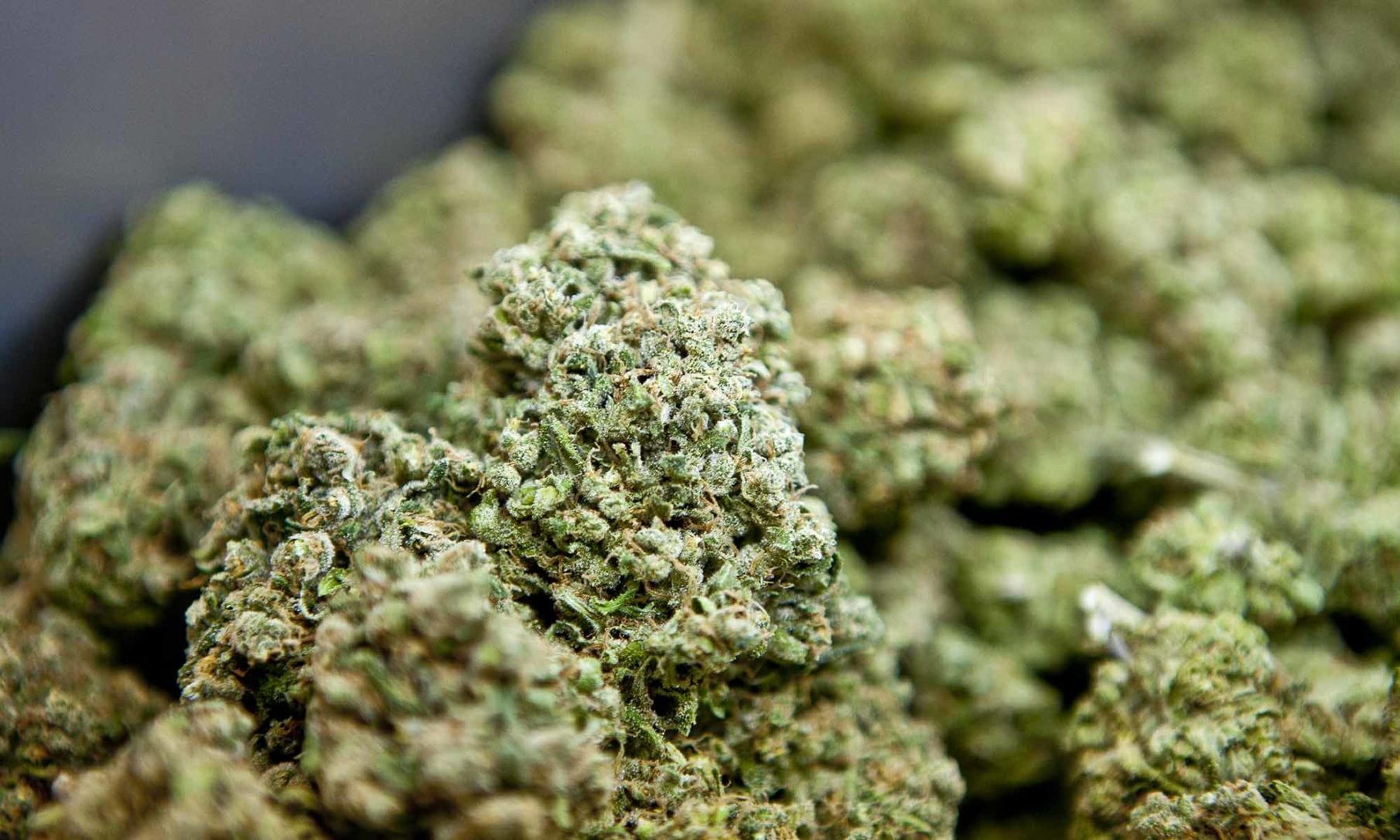Health and Wellness News, International
Physician Retracts Claim That Marijuana Is a Gateway Drug
By
Photo Gracie Malley for Cannabis Now
Physician Retracts Claim That Marijuana Is a Gateway Drug
Dr. Nadia Alam, a physician who heads the Ontario Medical Association, an influential doctor’s organization in Canada, has stepped back from an earlier statement that marijuana is a gateway drug — a claim that has been repeatedly refuted by science.
“I misspoke, I misunderstood something that I had been advised and I’m really glad that physicians stepped up and corrected me,” Alam told CBC. “I think it’s important to realize that as physicians we have an important role in society to give proper information and when we see that someone makes a mistake we try and gently correct them.”
“The big take away from this is recreational cannabis is like anything else,” she said. “There are up sides to it, there are down sides to it. It is very different from medicinal cannabis. It deserves to have its own conversation about risks and benefits and I think at the end of the day, patients should get everything that they need to be able to make the best decision possible.”
She also went one step further, declaring in a tweet that decriminalization and harm reduction — a practice that includes providing hard-drug users with safer alternatives, such as replacing opiate-based painkillers with cannabis — can “create safer, healthier communities.”
I apologize. I misspoke. Recreational cannabis is NOT a gateway drug. I thank my colleagues for correcting me.
Decriminalization & harm reduction create safer, healthier communities. Illness should be treated without stigma.
@CBC @CBCNews https://t.co/KrW35HhHra— Dr. Nadia Alam (@DocSchmadia) October 6, 2018
“I’m grateful to the colleagues who gently corrected me,” she added in a follow-up tweet.
The situation offers both a model to follow, and some behavior to avoid, if you are a marijuana advocate.
Alam swiftly backtracked because her colleagues in medicine patiently and calmly laid out the true facts. The use of hard drugs like opiates and methamphetamine most often follows an instance of trauma. Alcohol leads to the use of all kinds of drugs, including marijuana. And “cannabis” is increasingly becoming a catch-all term that captures non-intoxicating CBD.
Alam’s initial statement also triggered anger and vitriol on the internet, wherein Twitter users called for Alam’s medical license to revoked — and, since it is the internet (and because Alam is a woman, a compounding factor in eliciting online abuse that cannot be ignored), much worse.
Thurs: I said using marijuana may lead to harder drugs.
Fri: I worked taking care of patients.
Sat: I went on Twitter & saw colleagues correcting me about the harder drugs statement. So I emailed CBC to set the record straight.
Since then, my newsfeed has been filled with this ⬇️https://t.co/5RmXmMfoEX— Dr. Nadia Alam (@DocSchmadia) October 8, 2018
Weedheads have a choice to make in situations like this: Try to change someone’s mind with facts and data, or lose their darn minds and convince nobody of anything.
TELL US, have you experienced stigma associated with the gateway drug myth?
Read more from the source: CannabisNow.com


